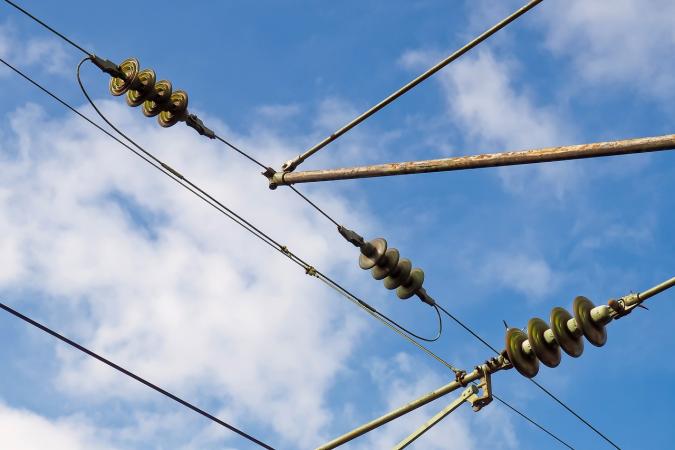
A high-voltage insulator is an integral part of large electrical transmission systems that run our public utilities, power plants, and industries. Regular maintenance of the insulator is essential to ensure uninterrupted power supply by preventing flashovers and contamination from foreign deposits.
Here are five questions and answers that will give you a quick insight into high-voltage insulator upkeep.
What is an insulator?
An insulator is an important electrical component of a machine that safeguards an electrically-charged part of that equipment. High-voltage insulators are installed on high-voltage electrical transmission lines and transmission towers to protect them as well as the live conductors. Unlike their low-voltage counterparts, these insulators have a large load that supports high voltage and prevents breakdowns in the power supply.
High-voltage transmissions require a robust oil insulator. Other materials used for insulation include wires, glass, vacuum, and gas.
What causes an insulator to malfunction?
While high-voltage insulator is designed to be durable and can withstand a lot of stress, a breakdown can occur due to poor maintenance, excessive stress or too much heat.
In addition, corrosion caused by environmental factors can also affect the functioning and longevity of high-voltage insulators. While contamination can be eliminated with cleaning, a puncture in the insulation requires a costly replacement of the component.
How does maintenance help protect an insulator?
Just like any other electrical device, high-voltage insulators require regular maintenance in order to identify and fix minor issues and prevent them from developing into major problems. Cleaning is an integral part of insulator maintenance as it removes contaminants which could lead to power failure and disrupt your public, commercial or industrial activities.
Fortunately, a high-voltage insulator is a tough component that does not require extensive upkeep. An annual or bi-annual cleaning should keep it in good shape, extend its life by many years and save money in the long run.
Which cleaning materials are typically used to clean high-voltage insulators?
There is a range of cleaning substances used by professional cleaning companies. These include dry materials to get rid of hard deposits, cleaning pastes (effective on a variety of insulators, including plastic, ceramic, oil, glass and gas) and industrial cleaners which can easily remove different types of contaminants and deposits.
Bill Johnson from UtilityService.net recommends using limestone to clean high voltage insulators. Depending on the condition of your insulator, it may require a combination of different cleaning products.
What is the best way to clean a high-voltage insulator?
First and foremost, avoid DIY and hire a professional insulator cleaning service to avoid costly mistakes and accidents. This will ensure that the right process is followed and avoid accidents. In addition, a qualified insulator cleaning technician will be able to inspect the component for damage and recommend a protective coating if needed to shield the insulator from oxidation and further contamination.
Because insulators are expensive components, it’s important that you find a reliable and experienced cleaning service with an OSHA (Occupational Safety and Health Administration) certification and qualified and well-trained technicians.

